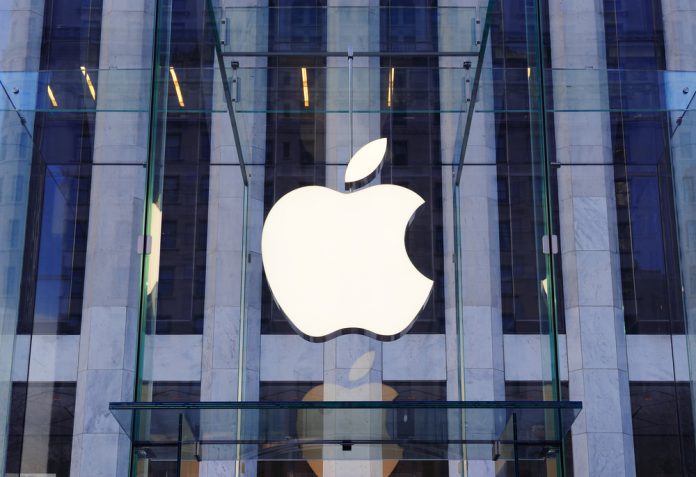Tech giant Apple (NASDAQ: AAPL) could face a lawsuit after deceiving customers using an “immoral” tactic to slow down the older models.
Apple admitted last week that it limited the processing power of iPhone models 6, 6S and 7 with a software update, to protect internal phone components and battery ageing.
Lawsuits were filed in Chicago and California by a group of iPhone users who are claiming they have suffered “economic damage”.
According to this group, Apple is engaging in “deceptive, immoral, and unethical” business practices. The update is designed to “purposefully slow down or ‘throttle down’ the performance speeds” of older iPhone models.
James Vlahakis from the Sulaiman Law Group, who is representing the plaintiffs, said in a statement last week: “Apple’s failure to inform consumers these updates would wreak havoc on the phone’s performance is being deemed purposeful, and if proven, constitutes the unlawful and decisive withholding of material information,”
The Silicon Valley firm admitted to the update glitch last week. A spokesperson said:
“Lithium-ion batteries become less capable of supplying peak current demands when in cold conditions, [when they] have a low battery charge or as they age over time, which can result in the device unexpectedly shutting down to protect its electronic components,”
“Last year, we released a feature for iPhone 6, iPhone 6s and iPhone SE to smooth out the instantaneous peaks only when needed to prevent the device from unexpectedly shutting down during these conditions.
“We’ve now extended that feature to iPhone 7 with iOS 11.2, and plan to add support for other products in the future. Our goal is to deliver the best experience for customers.”
The iPhone X was released in October. The tenth anniversary iPhone is the most expensive model, the new phone costs £1,000, has facial recognition, a 5.8inch display as well as wireless charging.

